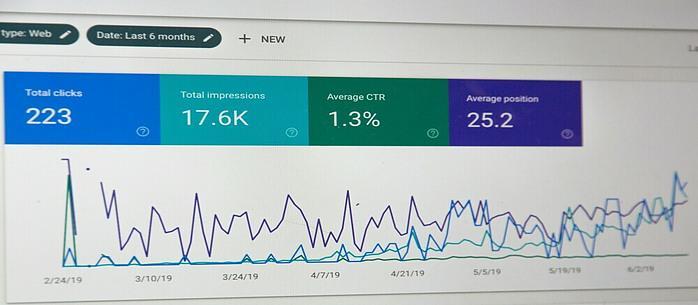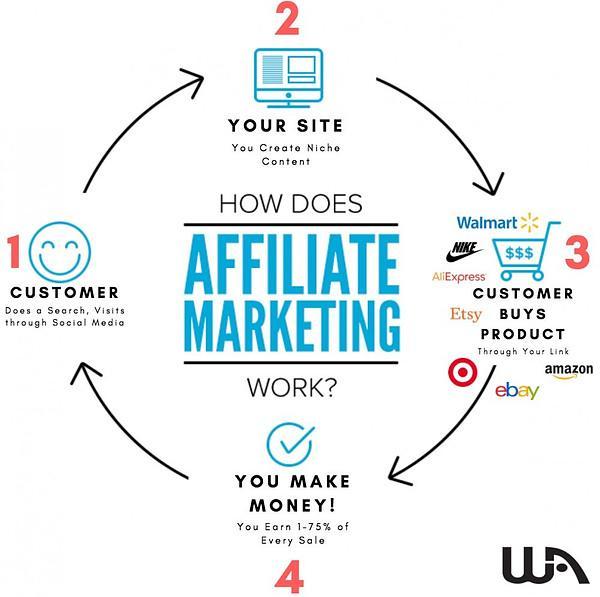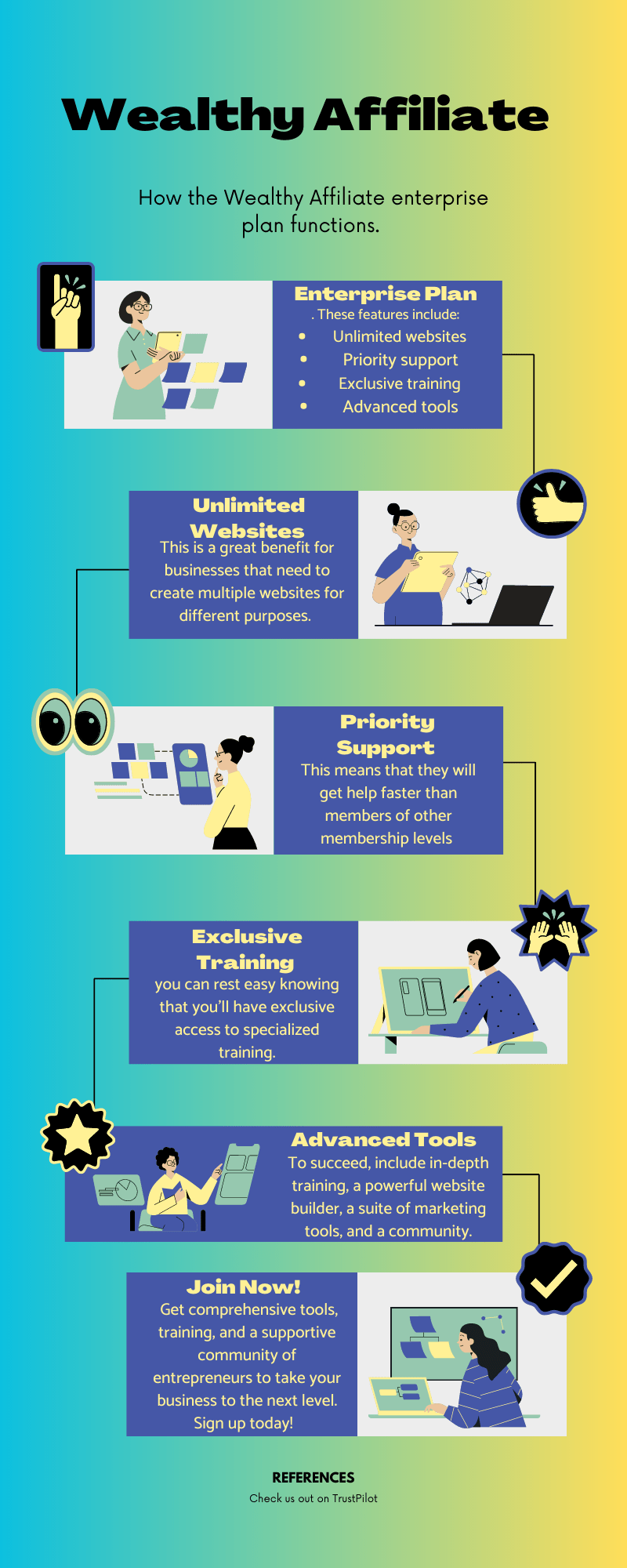Starting an online business can seem daunting, especially if you’re new to the digital landscape. However, with the right guidance and tools, anyone can turn their entrepreneurial dreams into a reality. This comprehensive guide will walk you through the steps to start a profitable online business, even if you’re a complete beginner. Let’s dive in!
1. Finding Your Niche
Why Choosing the Right Niche is Crucial
Selecting the right niche is the foundation of a successful online business. A niche represents a specific segment of the market that you will target. It should be something you are passionate about and have some knowledge in, but it also needs to be profitable.

How to Identify a Profitable Niche
1. Passion and Interest: When choosing a niche, it’s important to start with what you love. Consider what truly excites you—whether it’s fitness, cooking, technology, or fashion. Your genuine passion for the topic will not only keep you motivated but also resonate with your audience.
2. Market Demand: Use tools like Google Trends, Keyword Planner, and SEMrush to gain insights into what people are searching for. Look for niches with high search volume and relatively low competition. Understanding the market demand is crucial for finding a profitable niche.
3. Profit Potential: In addition to market demand, consider whether the niche has the potential for monetization. Research whether you can sell products related to the niche, offer services or generate revenue through methods such as affiliate marketing. Understanding the profit potential will help you make an informed decision about the niche’s viability.
Researching Your Niche
Once you’ve identified a few potential niches, it’s time to dig deeper. Look at the competition, understand the target audience, and assess the profitability. Join forums, social media groups, and communities related to your niche to gain insights and validate your ideas.
2. Creating a Business Plan
The Importance of a Business Plan
A well-thought-out business plan acts as a roadmap, guiding you through the initial stages of your business. It helps you stay focused, allocate resources efficiently, and make informed decisions.
Key Components of a Business Plan
– Executive Summary: Provide a brief overview of your business idea, goals, and strategies.
– Market Analysis: Detail your research on the niche, target audience, and competition.
– Marketing Plan: Outline your strategies for attracting and retaining customers.
– Operational Plan: Describe how your business will operate, including logistics, technology, and processes.
– Financial Plan: Include projections for revenue, expenses, and profitability. Plan for both short-term and long-term financial goals.
3. Building Your Online Presence
Choosing the Right Platform
“The success of your business heavily relies on your digital footprint. With a multitude of platforms to choose from, you have the power to select the perfect one based on your niche and business model!”
– E-commerce Websites: Platforms like Shopify, WooCommerce, and BigCommerce are perfect for selling physical products.
– Content Management Systems: WordPress is a versatile platform for blogs and websites.
– Marketplaces: Etsy, Amazon, and eBay are fantastic for handmade goods and unique items.
– Social Media: Instagram, Facebook, and Pinterest can be powerful tools for brand building and driving traffic.
Designing Your Website
Your website acts as the first impression of your business for customers. Ensure it makes a lasting impact with a professional and user-friendly design.
When selecting a domain name for your website, it’s important to choose one that is easy to remember, relevant to your niche and preferably include keywords related to your industry. A memorable domain name can significantly boost your brand’s identity and make it easier for users to find and remember your website.
In terms of design, it’s essential to ensure that your website is responsive and looks great on all types of devices, including desktops, laptops, tablets, and smartphones. With the increasing use of mobile devices, having a responsive design is crucial for providing a seamless user experience across various platforms.
Navigation plays a crucial role in enhancing user experience. It’s important to prioritize easy navigation so that visitors can quickly find the information they are looking for. This can be achieved through clear and intuitive menus, as well as well-organized categories that help users navigate your website with ease.
Lastly, for a successful online presence, it’s essential to provide high-quality content that is both valuable and engaging for your audience. By addressing your audience’s needs and interests through your content, you can establish credibility, build trust, and encourage repeat visits to your website. High-quality content is also crucial for search engine optimization and can help improve your website’s visibility and ranking.
Setting Up E-commerce Functionality
If you’re selling products online, you’ll need a reliable e-commerce setup:
– Product Pages: Create detailed product descriptions with high-quality images and videos.
– Shopping Cart: Ensure the shopping cart is easy to use and secure.
– Payment Gateway: Choose a payment gateway that supports multiple payment options and currencies.
– Shipping Options: Offer various shipping options to meet customer needs.
4. Developing a Marketing Strategy
Understanding Digital Marketing
Digital marketing is essential to maximize website traffic and turn visitors into customers. It encompasses a variety of tactics, including:
Search Engine Optimization (SEO) is an essential digital marketing strategy that involves optimizing your website to improve its visibility on search engine results pages. This is achieved through keyword optimization, creating high-quality content, and building backlinks from reputable sources.
Content Marketing is a strategic approach focused on creating and distributing valuable, relevant, and consistent content to attract and retain a clearly defined audience. This content can take various forms, such as blog posts, videos, infographics, and social media updates, all designed to engage and inform your target audience.
Social Media Marketing is about leveraging social media platforms to connect with your audience, build brand awareness, and drive website traffic. Effective social media marketing utilizes engaging content, community management, and targeted advertising to achieve business goals.
Email Marketing involves building an email list of potential and existing customers and sending targeted campaigns to nurture leads and encourage repeat purchases. This marketing strategy often includes personalized content and automation to create a seamless and impactful user experience.
Pay-per-click (PPC) Advertising is a form of digital marketing in which advertisers pay a fee each time their ad is clicked. Platforms like Google Ads and Facebook Ads allow businesses to reach a specific audience and drive targeted traffic to their websites, ultimately boosting conversion rates and achieving their marketing objectives.

Creating Engaging Content
Content is king in the digital world. Creating high-quality, engaging content is vital to attracting and retaining customers.
– Blog Posts: Craft engaging and informative blog posts that provide valuable insights, answer common questions, and address challenges within your industry or niche. Consider incorporating storytelling and personal experiences to captivate your audience.
Videos: Develop compelling video content that showcases your products, offers practical tips, demonstrates your expertise, and communicates your brand’s unique narrative. This can include product demonstrations, how-to guides, and customer testimonials to resonate with your audience.
– Social Media Updates: Keep your audience engaged by sharing diverse content on your social media platforms. This can include regular updates on product launches, behind-the-scenes glimpses, user-generated content, interactive polls, and engaging stories that align with your brand’s identity.
Email Newsletters: Use email newsletters as a tool to connect with your audience regularly. Provide them valuable content, updates on promotions or upcoming events, and personalized recommendations to nurture your relationship with subscribers.
Leveraging Social Media
Social media is a powerful tool for building your brand and driving traffic to your website.
1. Select the Appropriate Platforms: Identify the social media platforms where your specific target audience is the most engaged. Consider demographics, interests, and behaviors to determine the best platforms for your brand.
2. Maintain a Consistent Posting Schedule: Establish a regular posting schedule to keep your audience engaged and aware of your brand. Consistency in posting helps establish your brand’s presence and reinforces your brand voice.
3. Actively Engage with Your Audience: Respond promptly to comments, direct messages, and mentions. This shows your followers that you value their engagement and are committed to building relationships with them. Engaging with your audience helps foster a sense of community and loyalty toward your brand.
4. Forge Partnerships with Influencers: Identify and collaborate with influencers who align with your brand’s values and have an audience that matches your target demographic. Partnering with influencers can help expand your reach and credibility within your niche.
5. Managing Your Online Business
Tracking Your Progress
It is crucial to continuously monitor your business’s performance to make well-informed decisions and facilitate growth.
Utilizing Analytics Tools:
Implementing comprehensive analytics tools such as Google Analytics provides valuable insights into various metrics essential for understanding and improving overall performance. These tools can track and analyze website traffic, user behavior, conversion rates, and other key performance indicators, offering a deeper understanding of audience engagement and behavior.
Identifying and Monitoring Key Performance Indicators (KPIs):
Identifying and regularly monitoring a range of Key Performance Indicators (KPIs) directly relevant to your business is crucial for gauging success and progress. These KPIs may include sales figures, revenue growth, customer acquisition costs, customer retention rates, and other metrics specifically tailored to measure your business’s performance and success.
Gathering and Acting on Feedback:
Proactively seeking feedback from customers regularly is integral to understanding their evolving needs and preferences. Businesses can improve overall quality and customer satisfaction by actively listening to customer feedback and incorporating it into product and service enhancements. This approach also fosters a sense of customer-centricity, leading to more loyal and satisfied customers.
Scaling Your Business
As your business soars to greater heights, enhancing your operational skills is essential to keep up with the increasing demand.
Streamlining Processes: Use advanced tools and software solutions to simplify repetitive tasks and improve efficiency. This could involve automating email marketing campaigns, scheduling social media posts using specialized software, and implementing inventory management systems to optimize your operations.
Diversifying Your Product Offering: Expand your range of products or services to attract a broader customer base and increase revenue streams. This could involve researching market trends, conducting customer surveys, and identifying areas where your offerings can be enhanced or expanded.
Bolstering Your Team: Consider incorporating freelancers or hiring full-time employees to handle critical responsibilities such as customer support, content creation, and marketing efforts. This could involve seeking skilled professionals, conducting interviews, and providing training and support to ensure their success within your organization.

Staying Ahead of the Competition
The online business landscape is constantly evolving. Stay ahead of the competition by:
Here are some key points to keep in mind:
Individuals and businesses must engage in continuous learning to remain competitive and relevant in their respective industries. Staying updated with industry trends, emerging technologies, and best practices is essential for professional growth and success. By regularly seeking new knowledge and skills, entrepreneurs can adapt to changing market conditions and gain a competitive edge.
Innovation is key to any business’s success. Entrepreneurs should constantly look for opportunities to improve their products, services, and customer experience. Regularly assessing offerings and seeking ways to enhance and innovate can increase customer satisfaction, loyalty, and business growth.
Building a solid network of connections is pivotal for entrepreneurs. Actively engaging with other professionals in the industry, participating in industry groups, and attending events are effective ways to share knowledge, gain valuable insights and perspectives, and establish mutually beneficial relationships. Networking can open up new opportunities, foster collaboration, and provide support during challenging times.

Taking the Leap into Online Business
Starting a successful online business as a beginner can take time and effort. Still, with the proper approach and resources, it is entirely attainable. Following these steps, you can identify your niche, draft a solid business plan, establish a strong online presence, devise an effective marketing strategy, and efficiently manage your business. Remember that persistence and ongoing education are crucial for success in the digital domain.
Discover the Wealthy Affiliate Platform
“We all know that starting and running an online business can be a bit overwhelming, especially for beginners. But what if I told you there’s a platform that offers all the tools, training, and support you need to succeed?”
What is Wealthy Affiliate?
Wealthy Affiliate is the ultimate all-in-one platform to empower ambitious entrepreneurs and seasoned business owners to establish and expand prosperous online enterprises. Whether your ambition is to construct a blog, an e-commerce store, or a niche website, Wealthy Affiliate provides all the essential tools and resources.
Where to Source Testimonials
- Wealthy Affiliate’s Website/Blog: There are likely success stories showcased here.
- Trustpilot: See what genuine users are saying: https://www.trustpilot.com/review/wealthyaffiliate.com
- Social Media: Search for relevant hashtags on Twitter, Facebook groups, etc. Reach out directly to users expressing praise for the program.
Comprehensive Training
Wealthy Affiliate offers comprehensive training courses covering all aspects of online business:
– Niche Selection: Gain the skills to identify and evaluate lucrative niche markets and validate your business ideas effectively.
– Website Building: Access step-by-step tutorials that will guide you through the entire process of setting up and designing your website, ensuring a professional and user-friendly online presence.
– SEO Mastery: Receive advanced training in search engine optimization (SEO) techniques, empowering you to achieve higher search engine rankings and drive substantial organic traffic to your website.
– Content Creation: Acquire strategies and best practices for producing compelling, high-quality content that resonates with your target audience and encourages engagement.
Monetization: To maximize your revenue potential, explore diverse approaches to monetizing your website, including affiliate marketing, advertising, and direct product sales.

Powerful Tools
Explore the array of robust tools available on the platform to enhance and simplify your business operations:
– Easily create a professional website using customizable templates with our Website Builder.
Identify high-performing keywords with our keyword research tool to Improve your content and enhance your search engine optimization efforts.
– Secure, dependable hosting services for your websites.
– Streamline your content creation and organization process with our efficient Content Writing Tool.
Community Support
“Joining Wealthy Affiliate means joining a supportive community of like-minded entrepreneurs. You’ll have the opportunity to connect, ask questions, and share experiences, all while receiving valuable feedback. With this amazing community by your side, you’ll never feel alone on your path to success.”
Success Stories
When considering joining Wealthy Affiliate, there are several compelling reasons to do so:
1. Ease of Use: The platform’s intuitive interface and user-friendly nature make it particularly accessible, even for individuals who may not be well-versed in technical aspects.
2. Comprehensive Resources: Wealthy Affiliate offers an extensive array of resources all in one place, including training, tools, and support. This centralized approach saves time and money by eliminating the need to seek multiple sources for these essential components.
3. Proven Results: The effectiveness of the training and tools provided by Wealthy Affiliate is underscored by numerous success stories from individuals who have benefitted from the platform’s resources. These success stories serve as compelling evidence of the value and impact of the Wealthy Affiliate experience.
Take the First Step Today
Are you ready to kick-start a thriving online business? Wealthy Affiliate is the ultimate platform for you! Tap into top-notch training, cutting-edge tools, and a supportive community to bring your ideas to life and make your online venture thrive.
Don’t let uncertainty stand in your way! Seize the opportunity to become a part of Wealthy Affiliate today. Your path to financial freedom and entrepreneurial triumph begins right here. Click [here] to embark on this exhilarating journey and turn your aspirations into concrete achievements!
Pure Opportunity!
Martin





